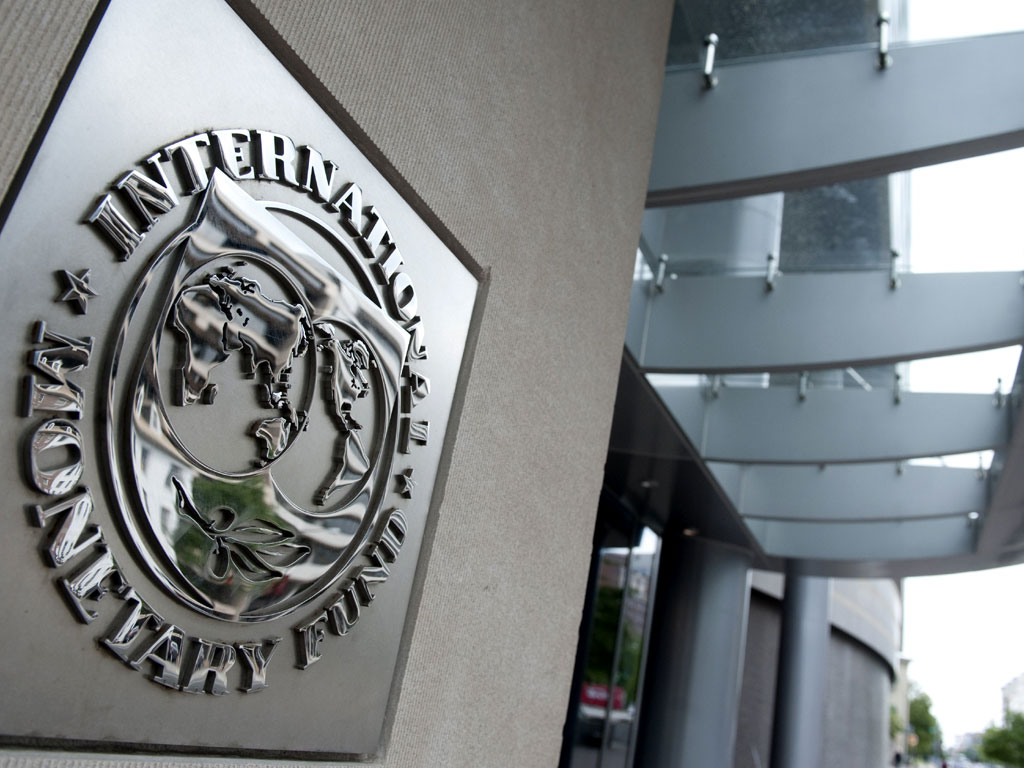IMF bailout package and the economy

During the launch of his book "Growth and Inequality in Pakistan" Dr Hafiz Pasha stated that a macroeconomic framework, detailing a projected increase in revenue from specific taxes and a reduction in expenditure to bring the budget deficit to sustainable levels, should have been prepared and shared with the International Monetary Fund (IMF) staff in the very first meeting on negotiating a three-year bailout package. Instead, the first IMF mission in Pakistan (from 7 to 20 November 2018) to discuss the loan modalities presented a framework that its staff had developed which, Dr Pasha added, was "very one-sided" that, no doubt, accounted for talks between the Fund staff and the Khan administration remaining inconclusive. The former Finance Minister then proceeded to challenge the capacity of the Ministry of Finance by pointing out that the Ministry has no senior professional economist specialized in fiscal policy and that the Director General Debt was hired after a gap of several months.
Dr Shahid H. Kardar, former Governor State Bank of Pakistan, concurred and added that the "way the IMF is structuring its upcoming programme, it is going to kill the country's economy; they are not ready to listen and believe in this government." And warned that "with the IMF programme which is for the next three years, the changes cannot be done and if our economy diminishes further how can we increase our tax base" - a clear reference to standard normal IMF conditions focused on raising revenue from existing taxation measures, as reforms would take time, and slashing development expenditure (in the event that the government does not agree to reducing the major components of current expenditure) with obvious negative repercussions on the growth rate.
One element, one would hope, may have changed the IMF's perception of the competence of the current administration. Asad Umar while attending the annual spring meeting of the World Bank/IMF (8 to 14 April 2019) reportedly shared the medium-term framework prepared by Dr Pasha which provided a detailed roadmap on how the government would reduce the budget deficit over the proposed programme duration. This was to be through: (i) raising taxes (including equating sales tax on services by all provinces with the 17 percent tax on goods imposed and collected by the Federal Board of Revenue); however, it is unlikely to be supported by Sindh Assembly which currently levies 13 percent sales tax on services; and (ii) reducing non-development expenditure as opposed to development expenditure to ensure that growth momentum is maintained. If the framework is accepted by the IMF, to-date the feedback from the Fund, if any, has not yet been made public and if Dr Hafeez Sheikh, the new man in charge of the Finance Ministry, accepts the framework then matters can proceed forward with a minimal impact on the growth rate.
However, it is unlikely that the entire framework will be accepted by the IMF; most notably the inclusion of the projected revenue inflows from the amnesty scheme is unlikely to be accepted. It is not public knowledge as to how much revenue has been projected from the amnesty scheme but such schemes in the past have grossly overestimated their effectiveness, to the tune of billions of dollars. Dr Hafeez Sheikh has directed the FBR to simplify the scheme and as per his public statements appears to be unaware of the linkage between the concerns of the Financial Action Task Force (FATF), and Pakistan is still on the grey list and IMF conditions.
It is also relevant to note that the then Finance Minister Ishaq Dar's heavy reliance on withholding taxes in the sales tax mode, an indirect tax whose incidence on the poor is relatively greater than on the rich, and crediting the amount collected, deliberately and inaccurately, as direct tax further fuelled the unfairness of our tax structure. Dar never achieved greater documentation of the economy but instead legitimized the tax non-filers.
To conclude, there is a need for out-of-the-box thinking. While the IMF package is critical given our heavy requirements for foreign exchange for the next three years, yet there is also a need to present a framework that would minimize the negative features of a standard normal IMF programme through innovative doable tax measures and a slash in current expenditure through voluntary reduction in budgeted amounts. There is intense speculation on whether Dr Sheikh has the capacity to negotiate a bailout package that would minimize its negative impact on the poor however one must give him the benefit of the doubt till the next budget is announced - a wait for no more than a month and a half.

























Comments
Comments are closed.